With the series premiering on Disney+ on Wednesday, March 30th, Vital Thrills got a chance to talk to the Moon Knight cast and crew. From the accent to the villain, read on to learn what the Moon Knight cast and crew told us.
The series follows Steven Grant (Oscar Isaac), a mild-mannered gift shop employee who becomes plagued with blackouts and memories of another life. Steven discovers he has dissociative identity disorder and shares a body with mercenary Marc Spector.

As Steven/Marc’s enemies converge upon them, they must navigate their complex identities while thrust into a deadly mystery among the powerful gods of Egypt.
Mohamed Diab and the team of Justin Benson & Aaron Moorhead directed the episodes. Jeremy Slater is the head writer, and Kevin Feige, Louis D’Esposito, Victoria Alonso, Brad Winderbaum, Diab, Jeremy Slater, and Isaac are the executive producers. Grant Curtis, Trevor Waterson, and Rebecca Kirsch serve as co-executive producers.
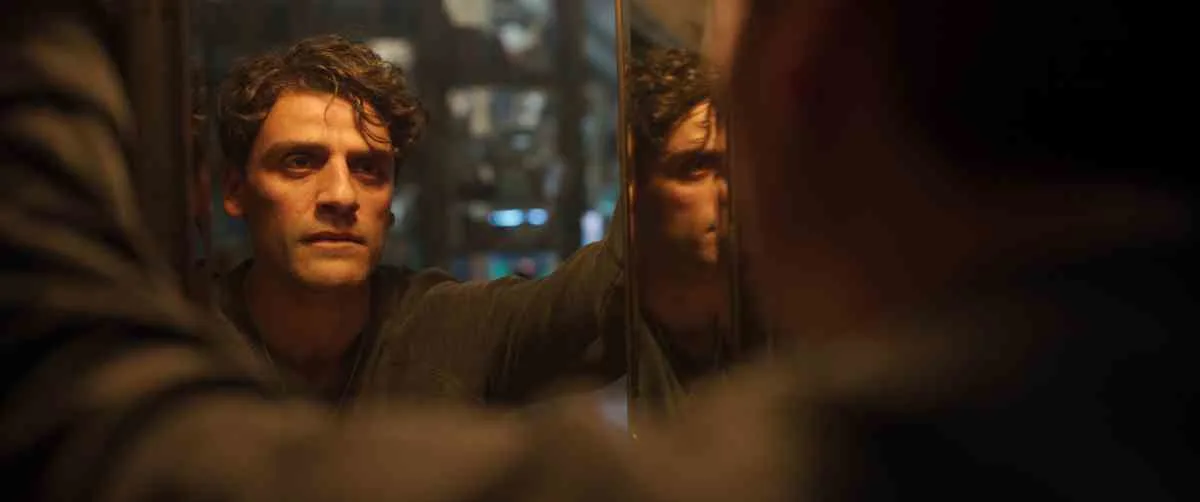
Grant Curtis, executive producer of the series, said: “I think ‘Moon Knight’ in particular has been on Kevin Feige’s radar from day one. I mean, you look at his history, he first appeared in ‘Werewolf by Night’ in 1975. Then, he kind of bounced around in the Marvel Universe for the next five years, and he got his own offering in 1980.
“And when you look at years and decades of storytelling, as the great storytellers and artists on the ‘Moon Knight’ pages have been doing, I think this was a natural progression, a merger into the Marvel Cinematic Universe. And I think it was just like this was the perfect time. When you look at Disney+ and needing a broader canvas to tell this incredible story, March 30th, the audience will see it, and this was the perfect time to drop into the universe.”
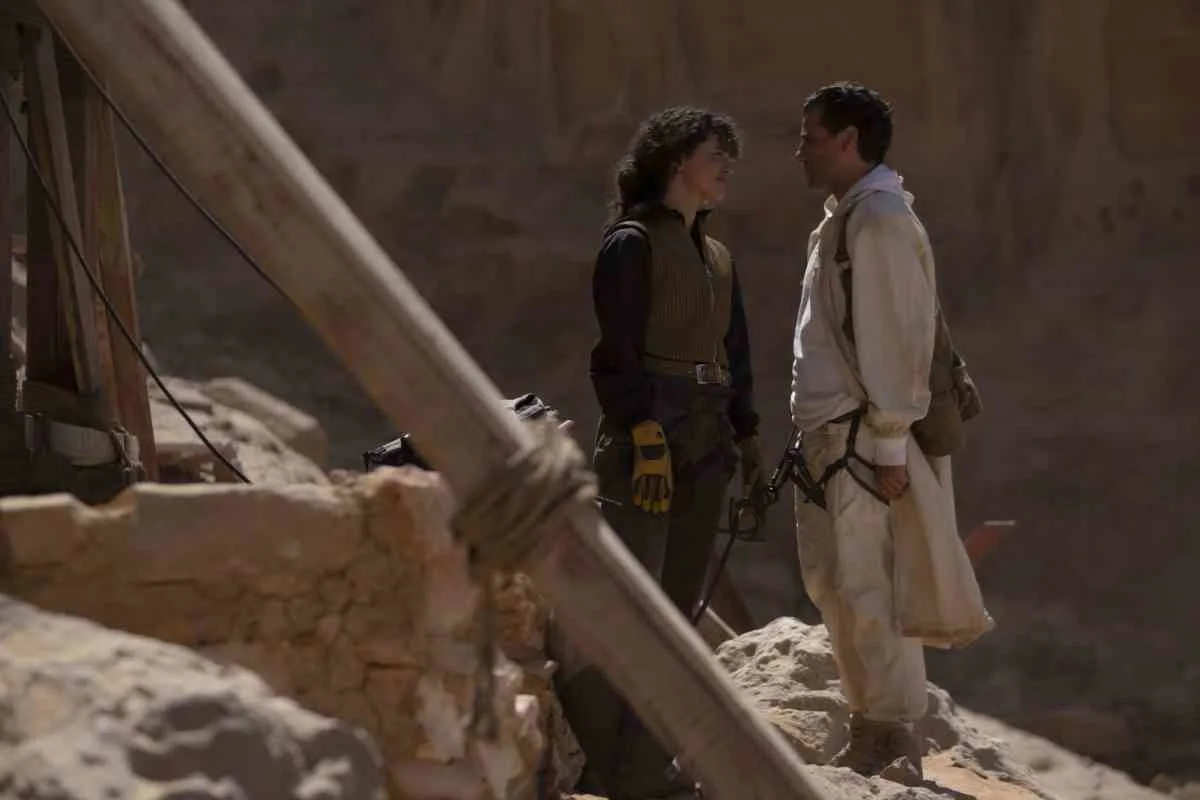
Oscar Isaac added, “I think the story is such a point of view. It means that you’re just in the skin of this guy, and you’re seeing things happen. You’re experiencing it just as he’s experiencing it. So there’s something that’s terrifying about that. I think Steven, in particular, there’s a sense of humor there that is different from what we’ve seen. I think Marvel, in particular, has done such an amazing job at combining action and comedy in such a great way.
“And I thought with Steven, there was a chance to do a different type of comedy than we’ve seen of somebody that doesn’t know they’re funny, doesn’t know they’re being funny. And so that was really exciting. And then to find the counterpoint of that with Marc, in some ways leaning into a bit of the stereotype of the tortured dark vigilante guy, but what makes him so special is that he has this little Englishman living inside of him.”
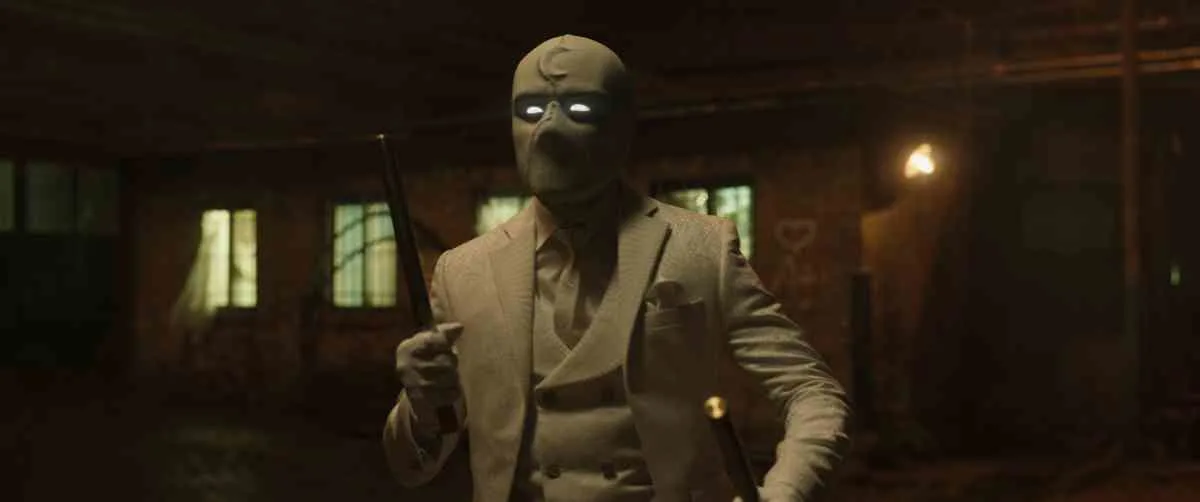
May Calamawy‘s character, Layla, is one of the highlights of the four episodes we’ve seen so far. She said, “I love how strong she is. But at the same time, I felt like I got to play the full gamut of a woman with her because she’s strong, she’s for the people, and she fights for what she believes, but she’s also really vulnerable and scared. So that was fun for me.”
Ethan Hawke, who plays the villain Arthur Howard, explained, “Well, the history of movies is paved with storytellers using mental illness as a building block for the villain. I mean, there are countless stories of mentally ill villains, and we have a mentally ill hero. And that’s fascinating because we’ve now inverted the whole process. And so now, as the antagonist, I can’t be crazy because the hero’s crazy. So I have to find a sane lunatic or a sane malevolent force.
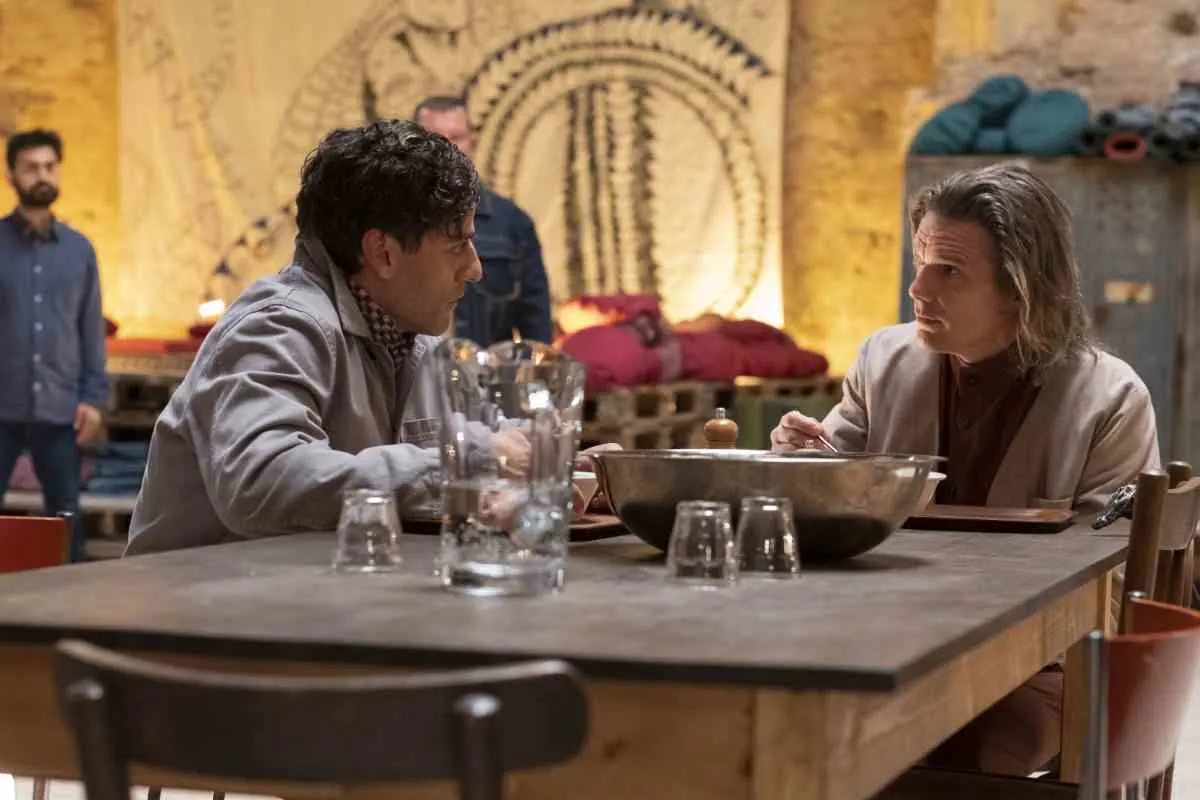
“And that was an interesting riddle for me to figure out how to be in dynamics with what Oscar was doing. And Mohamed was really embracing his mental illness as a way to create an unreliable narrator. And once you’ve broken the prism of reality, everything that the audience is seeing is from a skewed point of view.
“And that’s really interesting for the villain because am I even being seen as I am? And it’s also… I think that was our riddle, and we came up with somebody who was trying to save the world. And in his mind, he’s Saint Harrow, you know? I mean, he thinks he’s going to be part of the great solution.”
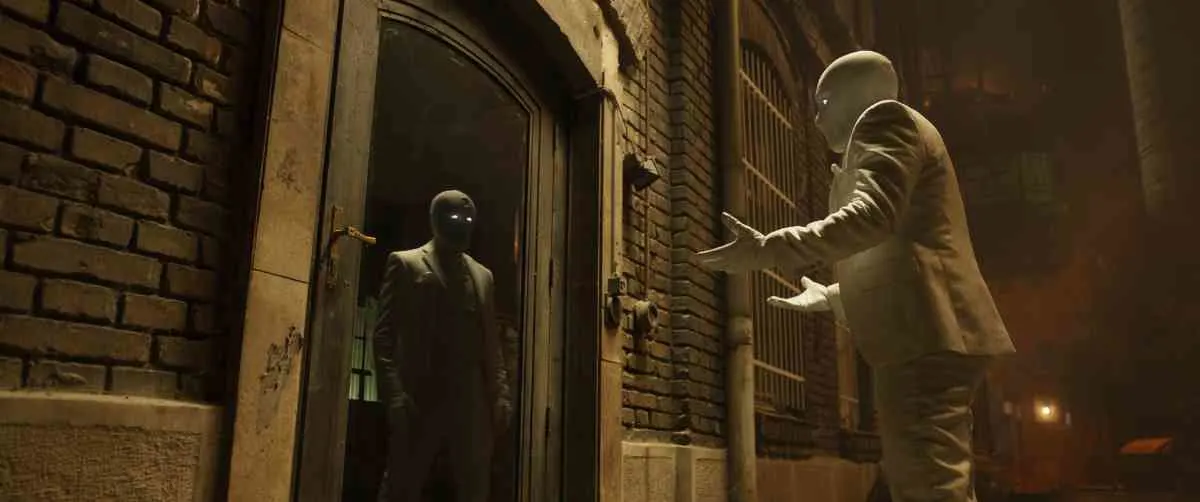
Mohamed Diab, director and executive producer, talked about how he got involved in the series, “I come from a background that is very independent, small films, usually from the Middle East. I remember the first call between me and Oscar, and he told me, ‘Mohamed, what the hell are you doing here?’ He called me privately. No, but Oscar was smart. He just wanted — why? Why am I here? And I remember telling him something about making intimate stories that are not exclusive to budget. And I think Marvel was onto something.
“I had other offers before to make big-budget movies, but I never connected to anything like this, intimate stories that have some big stuff happening around them. So, just imagine that line. You, as a normal person, discover that you have another identity, which is a superhero. So that’s what’s — I was drawn right away. And I never want to forget Jeremy Slater for creating such a great concept on how to tackle the story, such a great tackle.
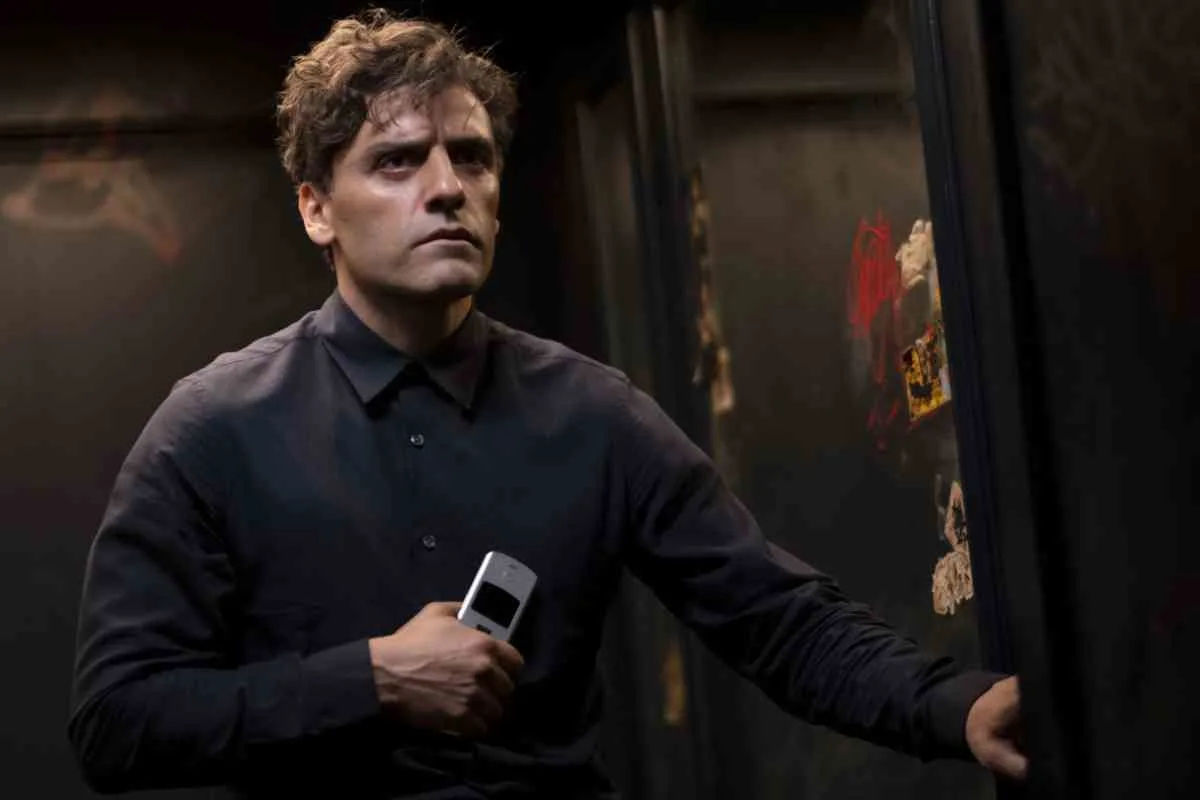
“And the other aspect that really attracted me was the Egyptian part of it, the present and the past, the Egyptology of it. As Egyptians, we always see ourselves depicted or the Middle East depicted in a way that is – we call it orientalism when you see us as exotic and dehumanized.
“Just showing us as a human, just normal human beings, through Layla’s character and seeing even Egypt as Egypt because 90 percent of the time, Egypt is not Egypt. Imagine Paris, and you’re seeing Big Ben in the background. That’s how we see our country. So it’s funny, but it hurts. So that’s really what attracted me.
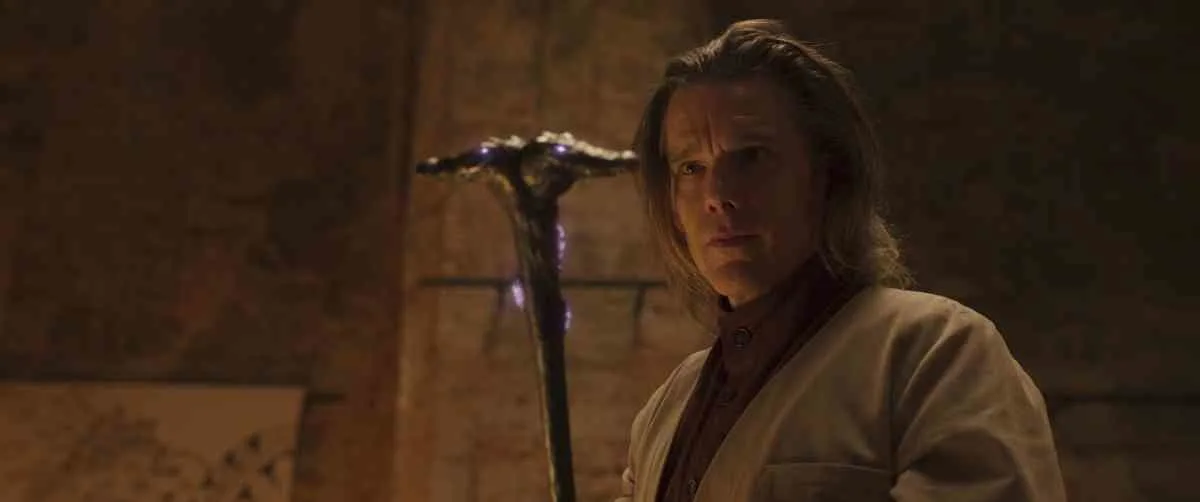
“And I wish there were more rows here for — we had 1000 people working with us, literally almost 1000. And the most important one missing for me was Sarah, my wife, who’s a producer on the show and even was a partner with me in the pitch getting the show. I loved it — I’m so lucky. I think it’s going to be hard for all of us to find a better team and a better shepherd.”
Director Justin Benson said, “In the roughly 50 years of comic books, this character has been somewhat defined by being bold and an outsider. And there was something attractive about telling a superhero story like that, but then also working with a bunch of people who were so clearly going to make it something personal to them and then finding what’s personal in this at such a large scale.
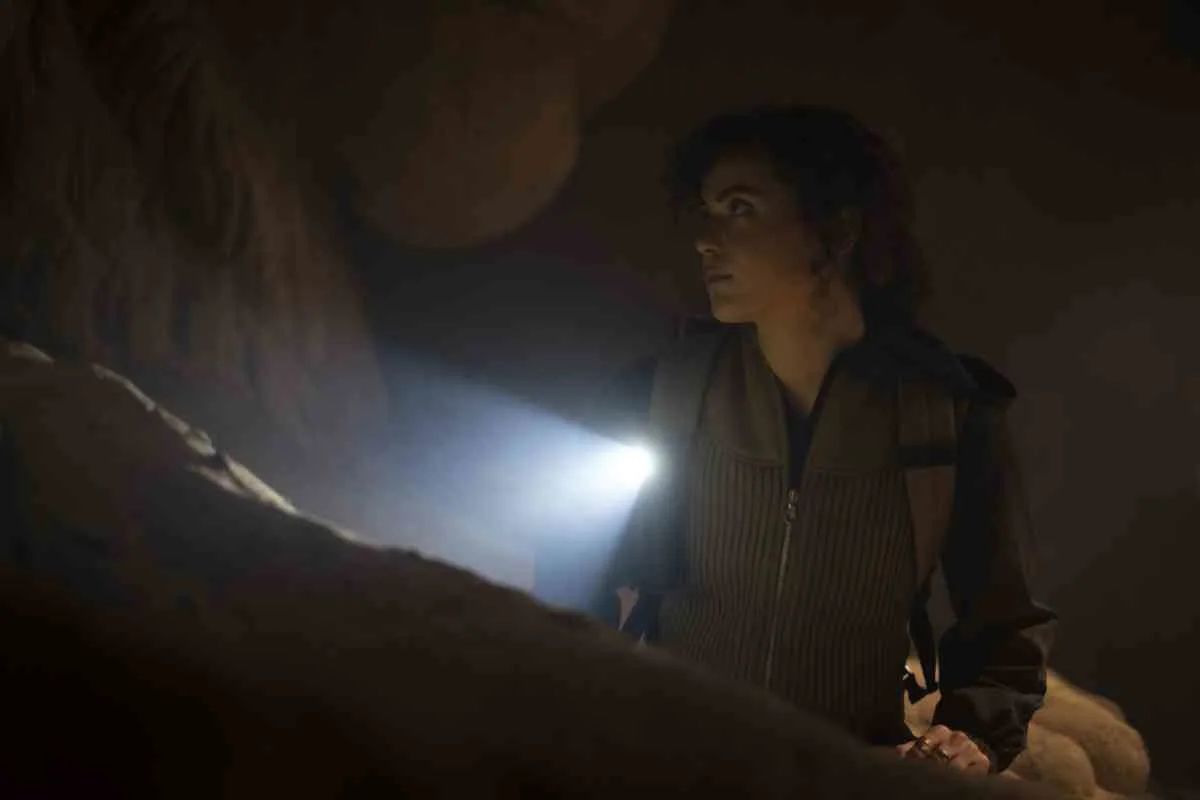
He added: “And then especially these three, finding this deep humanity of humor and pain and everything else in what you might call the great mythology of our time.”
Director Aaron Moorhead said, “Although, it’s true, actually, because we’ve been trying to make sure that all of our independent films, they’re based on a new mythology. It’s something that’s come up whole cloth. And you kind of think, oh, where are the new stories coming from? And weirdly enough, I mean, our great, modern myths are Marvel movies right now.
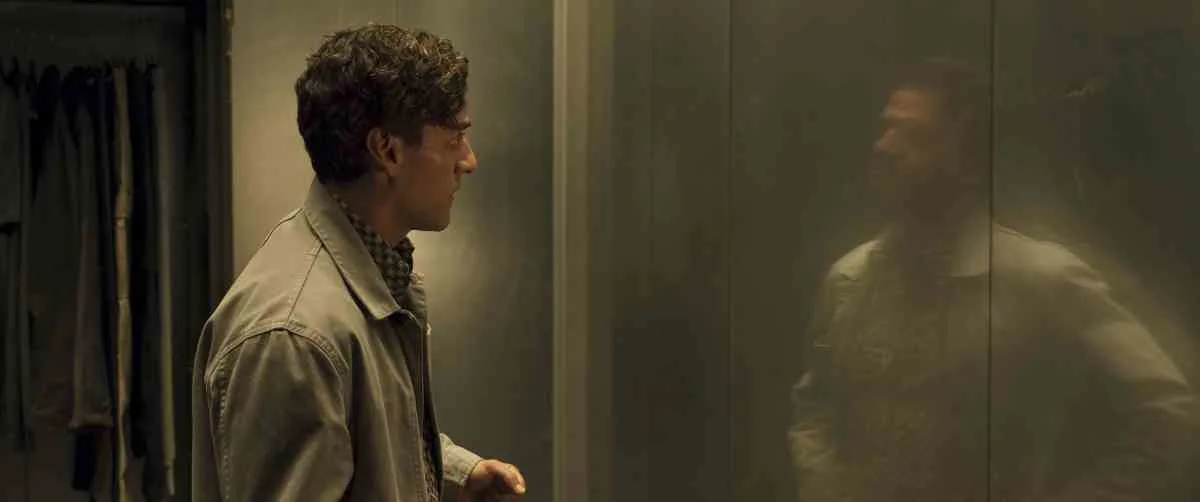
“The Great American Myth right now comes from Marvel. And a lot of other places, but it is really cool to actually be a part of that and tell a story that’s actually about these ancient myths and things that we all grew up on. And also, just the fact that that tonally somehow dovetails with all of our independent work is really, really cool. We probably would have said yes to anything. But it happened to be something that was just like what we do, you know? So very cool.”
Isaac said his brother, Michael Hernandez, worked as the other version of Moon Knight. He said, “That’s the closest thing to me there is on Earth. So he came in, and he would play either Steven or Marc, even do the accent and everything, both accents. So that was really helpful to have someone who’s not only a great actor but also shares my DNA to play off of. But that was something that I didn’t anticipate was how technically demanding that was going to be to have to show up and decide which character I was going to play first.
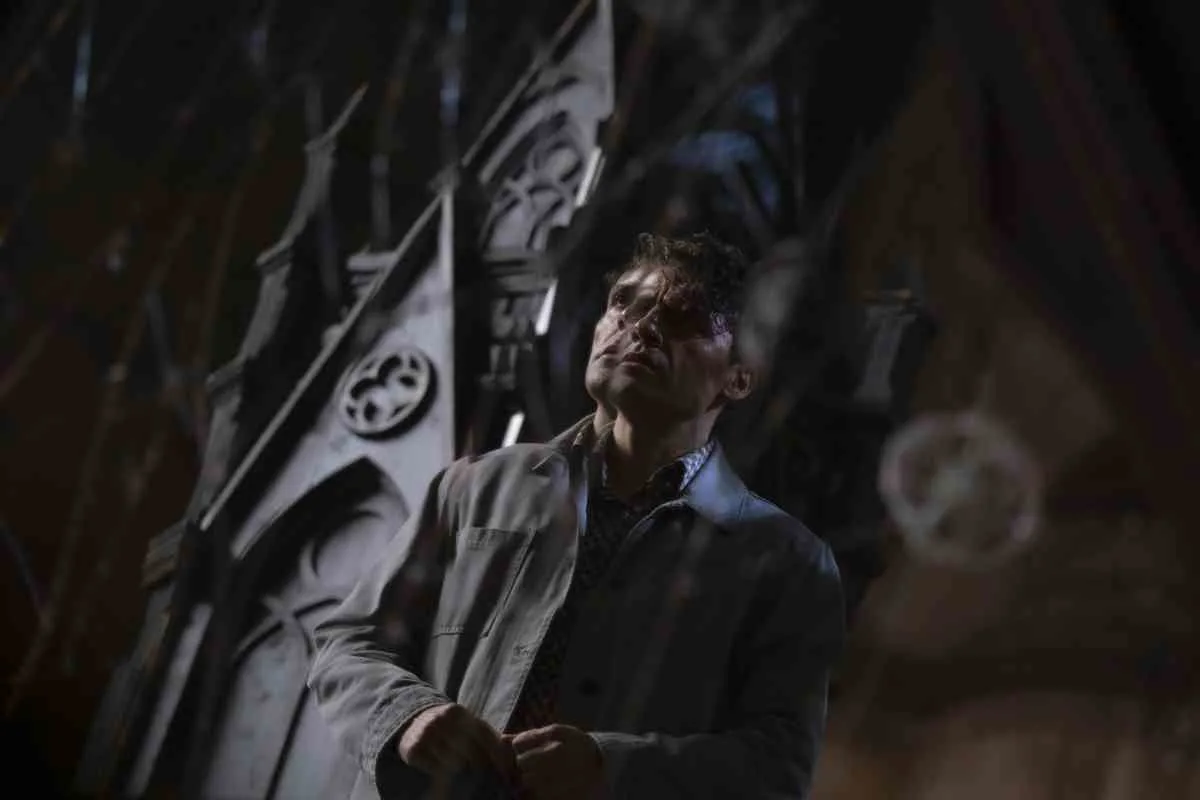
“And then try to block that out, give my brother notes, and then do the scene, and then switch characters, and then figure it out. Because one of the fun — I think maybe, if not the most fun– things about acting is acting opposite somebody and letting something spontaneous happen that you didn’t expect. But there wasn’t really an opportunity to do that, and I still had to try to find what made it feel spontaneous and not all planned out. So that was challenging.”
Isaac has to do more than one accent. He said, “I don’t know, it was set in London. When I asked why, the answer was we just have too many characters in New York. So it seems like let’s just change it up. Let’s make him an expat in London. And so I was like, okay. But then it felt like there was — I mean, I love English humor, like ‘The Office’…
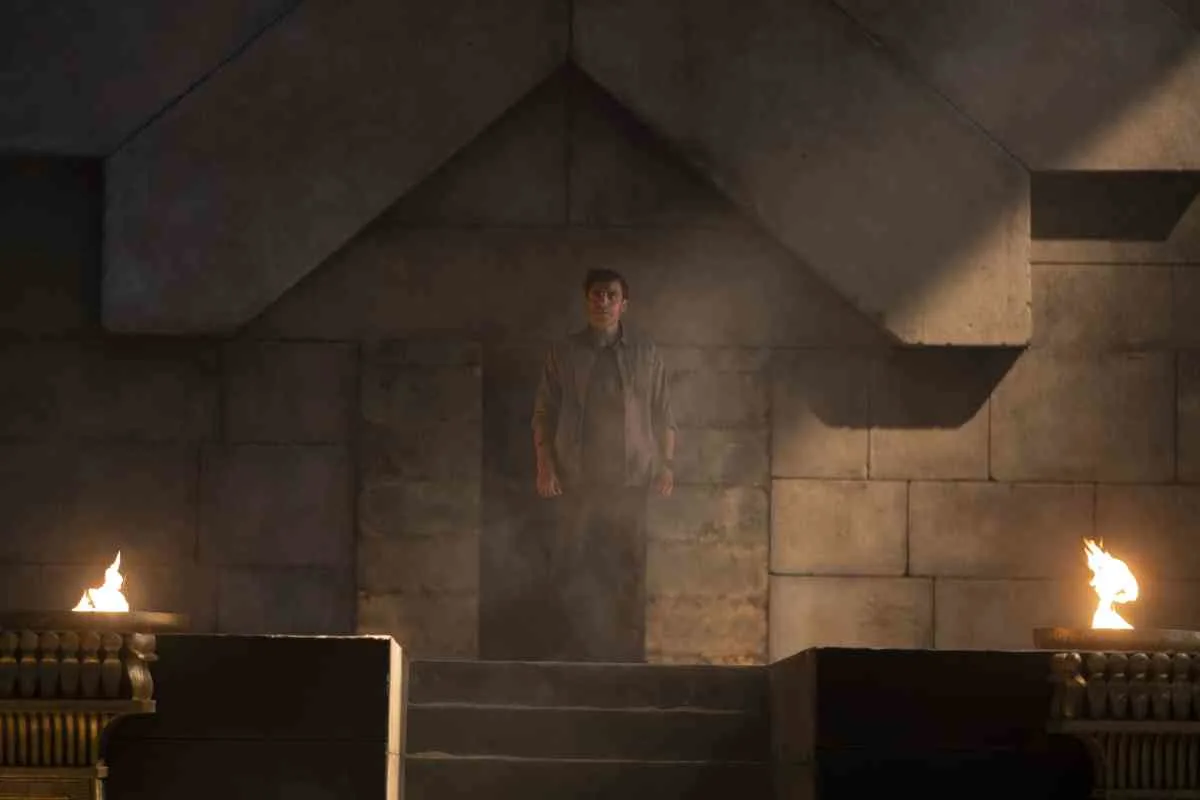
“‘Stath Lets Flats.’ And there’s just so much of that humor that I just find so funny, and I thought there’s an opportunity here to make something maybe. What if we make him English? What if Peter Sellers was approached with a Marvel project? What would he do? And so I started thinking about that, and that led me to Karl Pilkington from ‘An Idiot Abroad.’ And not so much for the accent but just for his sense of humor where he doesn’t know — you know, you can’t tell if he knows he’s being funny.
“And then, I thought about the Jewish community in London and where a lot of that community is from and Enfield as an area and sort of listening to accents that are northeast London. And then I just committed to that and found this guy. It wasn’t just about accent, but it was also about his timidity and wanting to connect with people but not quite knowing how. So yeah, Russell Kane was another – a comedian that I listened to, as well.”
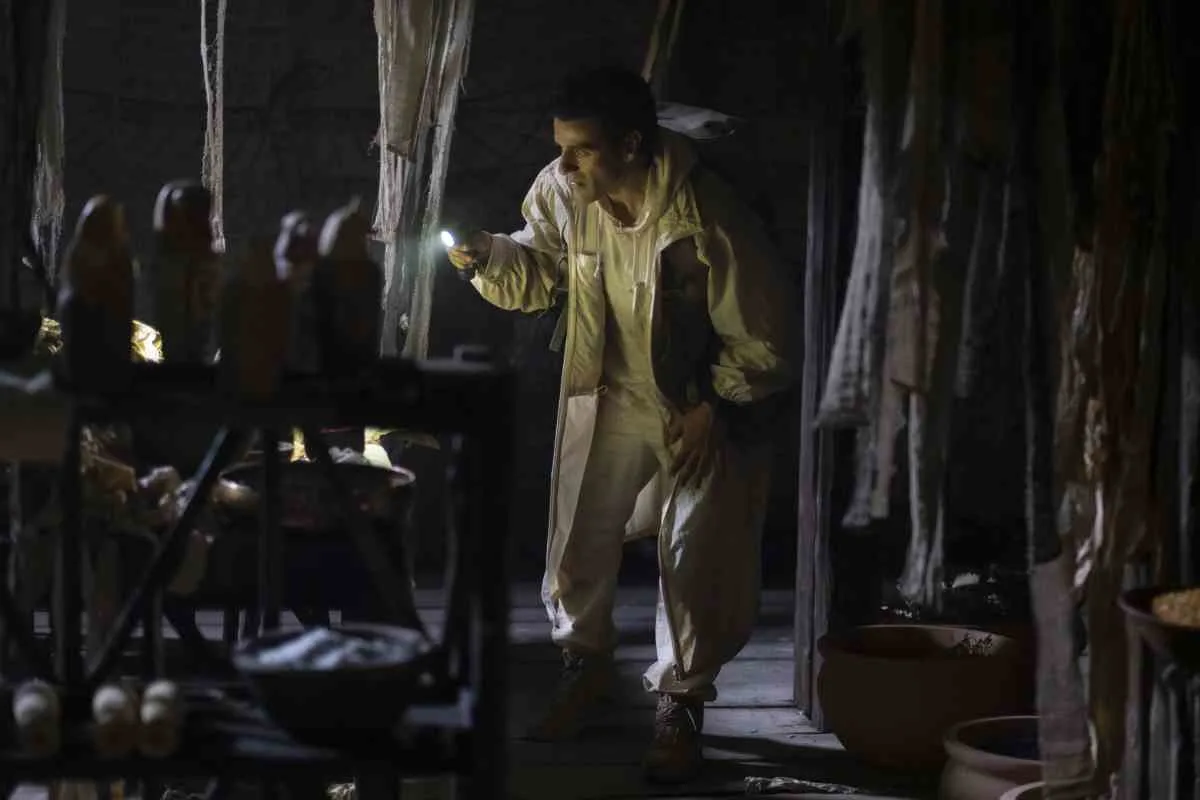
Hawke spoke about a day that really stuck out for him, saying, “There’s one that jumps to mind, getting to be on the deserts in Jordan and literally being on the location where they shot ‘Lawrence of Arabia.’ And one of the things that surprised me about the Marvel Universe is that it’s kind of fun acting in front of a lot of green screens.
“I come from a theatre training. I enjoyed all that, pretending something was there, pretending you’re on top of a pyramid. But then when you’re really in the desert, it’s so beautiful, and you feel — I don’t know, I felt some kind of connection to the cinematic history of the desert.
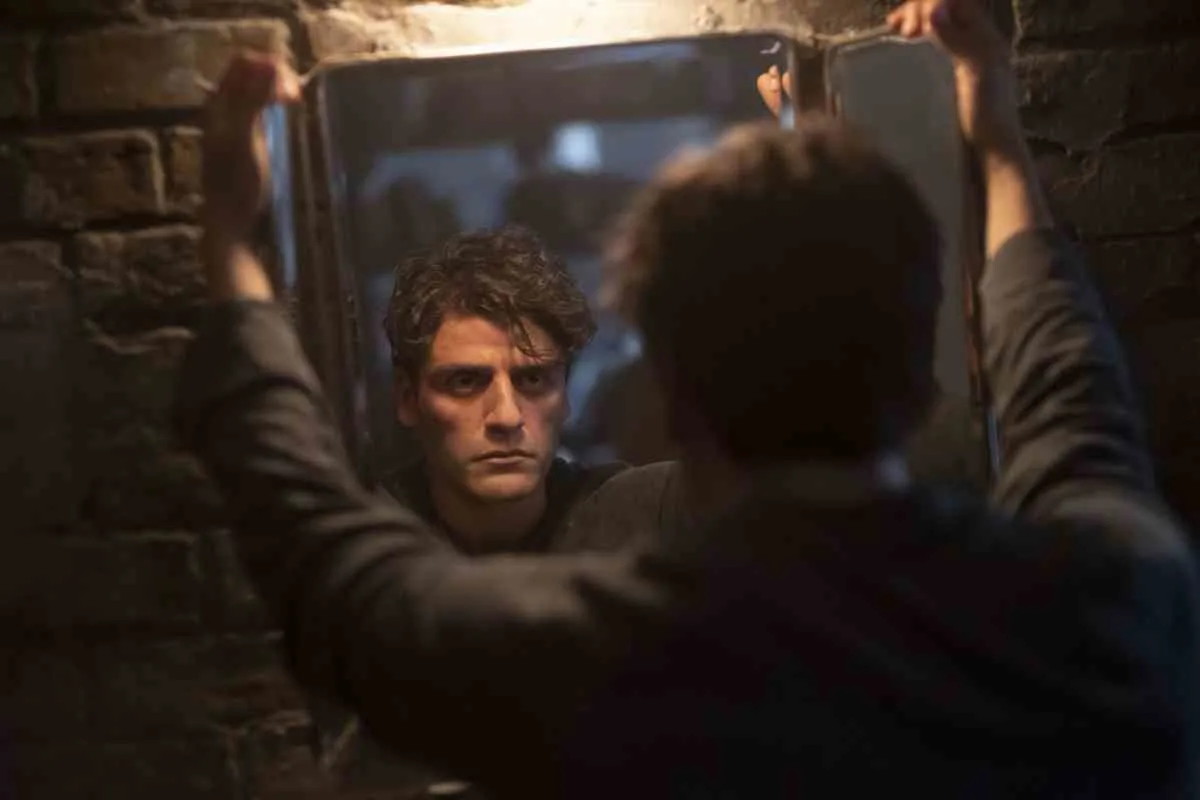
He added: “And the people there in Jordan treated us so well, and it elevated our collective imagination, I think, and it broadened the scope of the show. So I loved being there.”
What do you think of what we learned from the Moon Knight cast and crew? Let us know in the comments or tweet us @vitalthrillscom.
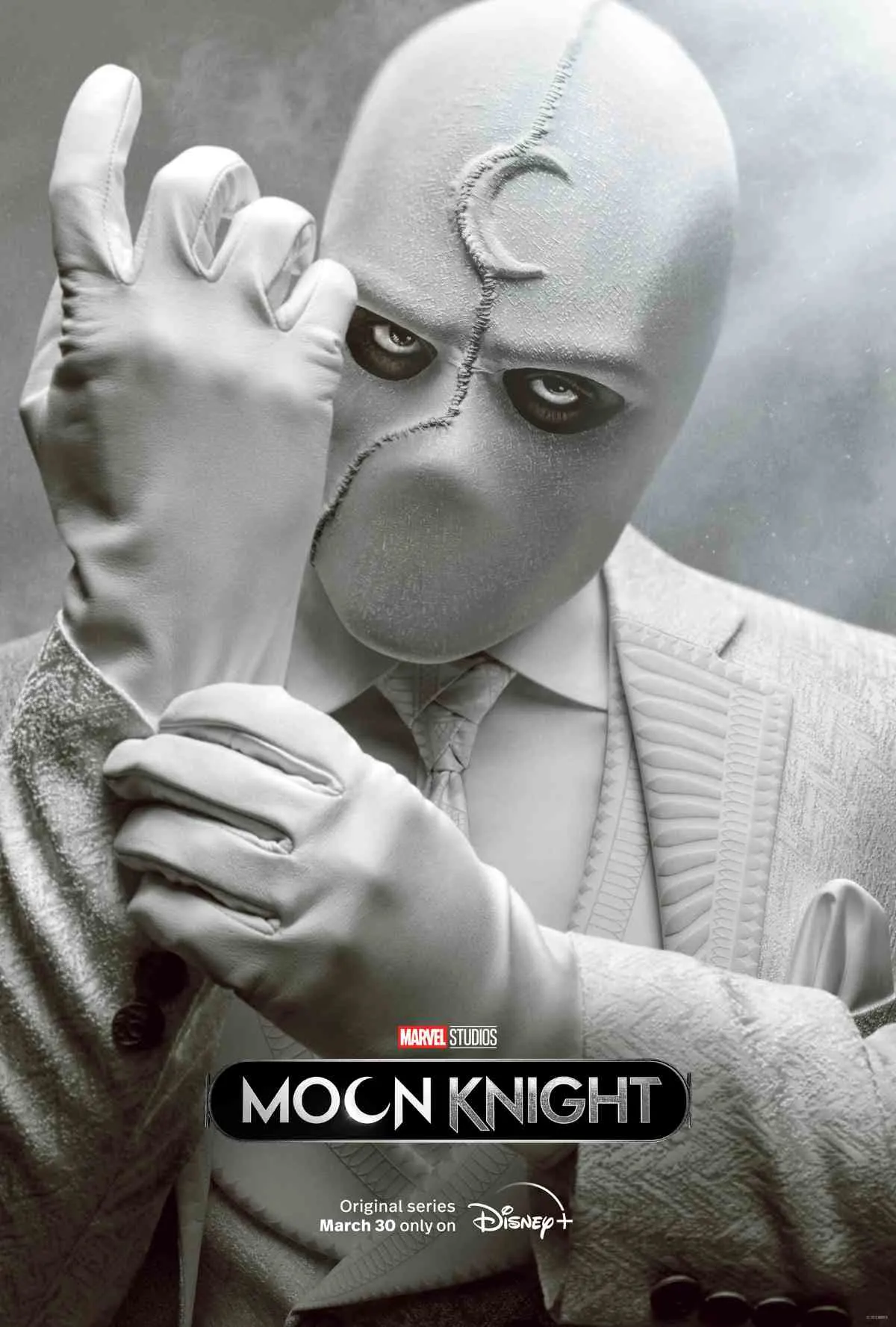
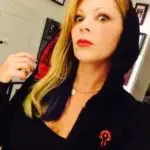
Jenna Busch has written and spoken about movies, TV, video games, and comics all over the Internet for over 15 years, co-hosted a series with Stan Lee, appeared on multiple episodes of “Tabletop,” written comic books, and is a contributing author for the 13 books in the “PsychGeeks” series including “Star Wars Psychology.” She founded the site Legion of Leia and hosted the “Legion” podcast.